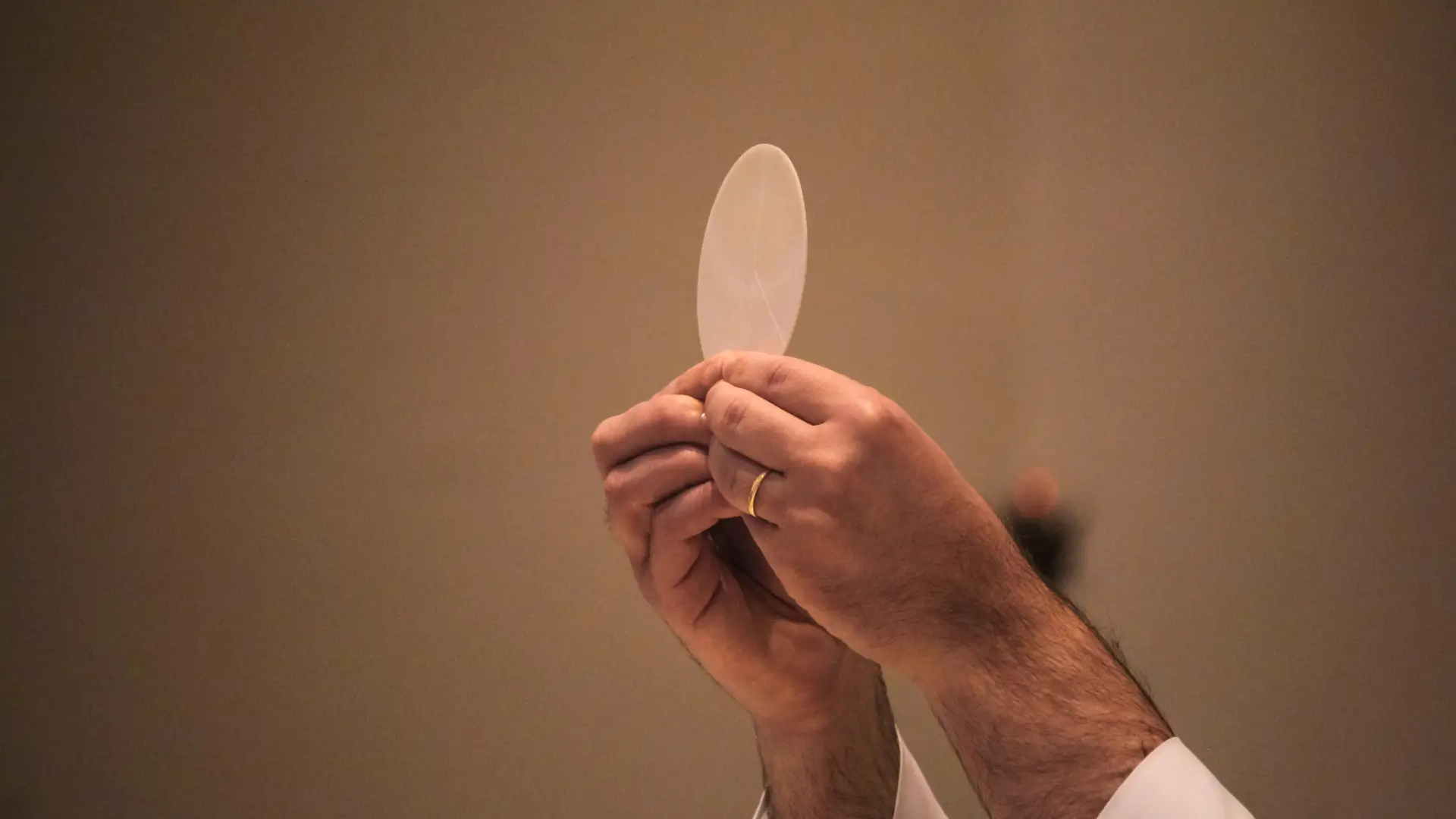The connection between the number 13 and Friday the 13th as a day of bad luck is deeply rooted in both Christian tradition and Western culture. While the Bible doesn’t explicitly reference Friday the 13th as an unlucky day, a combination of scriptural events, folklore, and historical developments have contributed to the superstition.
The Origins of Friday the 13th Superstition
The superstition surrounding Friday the 13th largely stems from two separate associations: Friday as a day of misfortune and the number 13 as unlucky. Together, they create a potent symbol of bad luck. In Christianity, both Friday and the number 13 have significant connotations that, when combined, form the basis of the superstition.
Friday as a Day of Misfortune
Friday has long been viewed with suspicion in Christian tradition due to its association with the crucifixion of Jesus Christ, which is believed to have occurred on a Friday. This event, known as Good Friday, marks the day Jesus was sentenced to death and crucified, making Friday a day historically tied to sorrow and tragedy. This gave rise to a belief that Fridays were generally inauspicious days, a sentiment that extended beyond the religious observance of Good Friday.
In medieval times, Fridays were also considered unlucky because executions were often scheduled on this day, reinforcing the connection between Friday and misfortune. Over time, the combination of Friday and the unlucky number 13 evolved into a superstition surrounding Friday the 13th specifically.
The Last Supper and the Number 13
The number 13’s connection to Christianity, especially the Last Supper, further intensifies the superstition. As mentioned earlier, during the Last Supper, there were 13 individuals present—Jesus and His 12 apostles. Judas Iscariot, the 13th person to sit at the table, went on to betray Jesus, which led to His crucifixion on Good Friday. The betrayal associated with the number 13, combined with Friday as the day of crucifixion, helped establish the idea of Friday the 13th as an especially unlucky combination.
The Fall of the Knights Templar (Friday the 13th, 1307)
One of the most well-known historical events linked to both Friday and the 13th is the downfall of the Knights Templar. On Friday, October 13th, 1307, King Philip IV of France ordered the arrest of hundreds of members of the Knights Templar, a powerful Christian military order. The Templars were accused of heresy, and many were executed, tortured, or imprisoned. This event, although not inherently religious, has been viewed by some as a source of the modern superstition around Friday the 13th, particularly because of its association with betrayal and tragedy, themes similar to the events of the Last Supper and Good Friday.
The downfall of the Templars on Friday the 13th has often been romanticized in popular culture, contributing to the day’s ominous reputation in Western folklore.
The Evolution of Friday the 13th as a Superstition
Though these Christian associations laid the groundwork, the specific superstition around Friday the 13th did not fully emerge until later centuries. By the 19th century, the fear of Friday the 13th had solidified, particularly in Western cultures, where it was viewed as a day of potential disaster or bad luck.
Popular culture further amplified the fear of Friday the 13th. The day became synonymous with bad luck, and this belief was perpetuated by books, films, and folklore, such as the famous Friday the 13th horror movie franchise that capitalized on the superstition. However, much of this fear is rooted in cultural interpretations rather than Christian doctrine.
Friday the 13th: A Mix of Christian Tradition and Folklore
The belief in Friday the 13th as an unlucky day is a result of both Christian tradition and wider folklore. The betrayal of Jesus at the Last Supper, Judas as the 13th guest, and Jesus’ crucifixion on a Friday all contributed to the belief that both the number 13 and Fridays are unlucky. When these elements are combined, it’s easy to see why Friday the 13th has developed into such a powerful symbol of bad luck.
However, it’s important to note that the superstition surrounding Friday the 13th is not biblically supported and has no theological grounding in Christianity. Instead, it is a product of centuries of cultural development, rooted in Christian history but amplified by folklore, literature, and modern media.
Conclusion
The superstition of Friday the 13th finds its origins in both the negative associations of Friday in Christianity—due to the crucifixion of Jesus—and the longstanding belief that the number 13 is unlucky, primarily because of its connection to Judas’ betrayal during the Last Supper. While these ideas have formed the foundation of the superstition, the fear of Friday the 13th has grown far beyond its Christian roots, developing into a powerful and widespread cultural belief that continues to influence perceptions of bad luck today.






